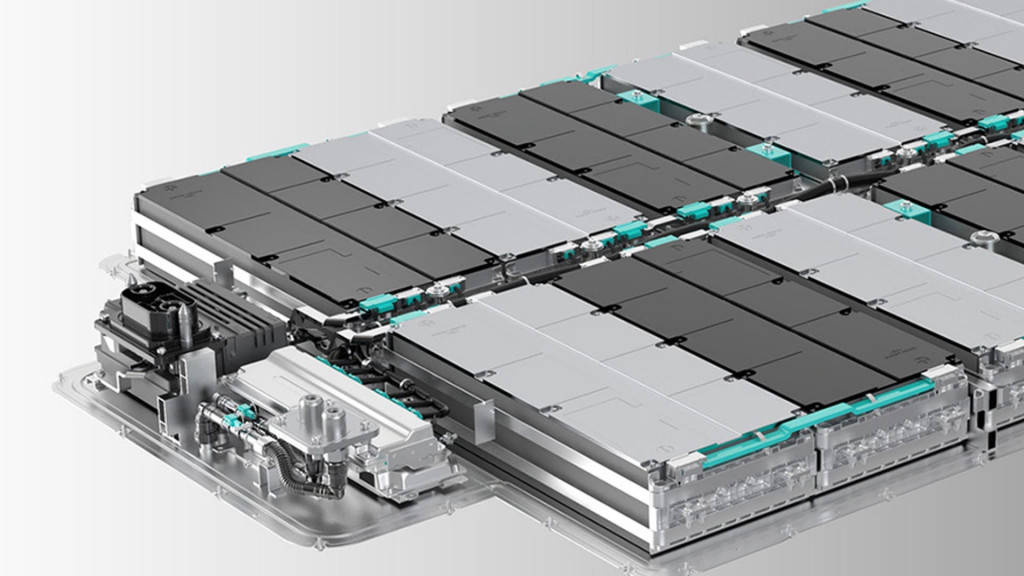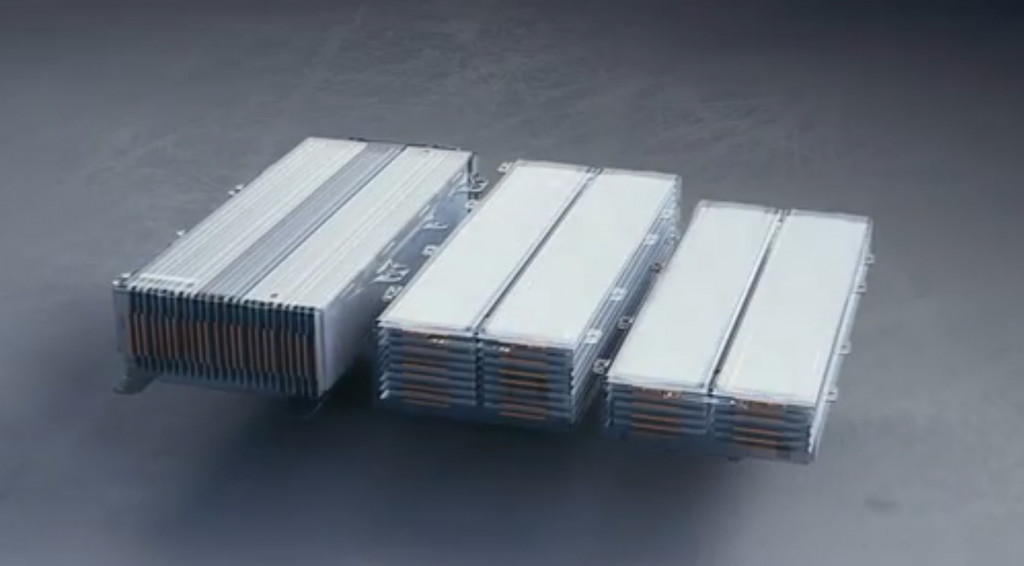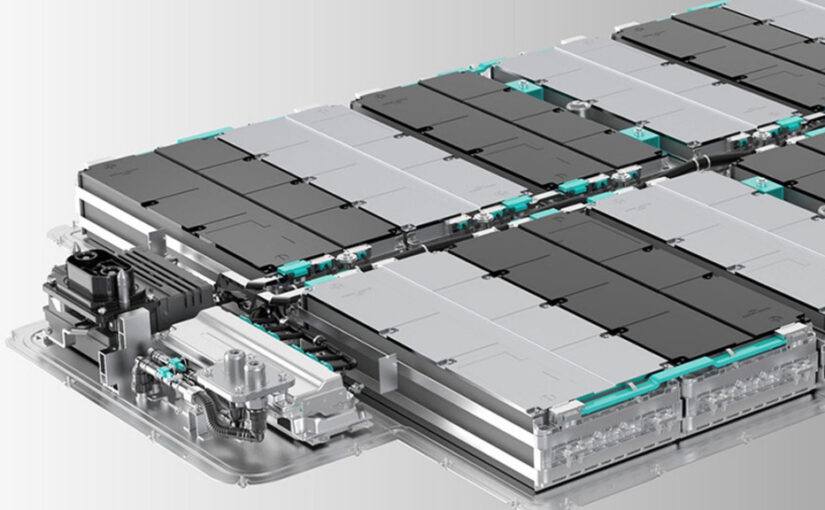EV battery prices have actually skyrocketed in 2022 because of climbing basic material as well as battery element prices, according to a Bloomberg New Energy Finance (BNEF) record.
The volume-weighted average for lithium-ion battery pack rates reached $151/kwh this year, a 7% boost over 2021, according to the report. It notes the first time ordinary pack costs have actually increased given that BNEF began tracking costs in 2010– and also delays EV price parity with internal-combustion vehicles.
That number represents a typical across several battery end makes use of, including various sorts of electrical vehicles, buses, and stationary power storage, BNEF kept in mind, including that the details standard for EV packs was $138/kwh in 2022.

Nio 100-kwh battery pack Ordinary costs can have been even higher in 2022 if not for raised fostering of the lower-cost lithium iron phosphate (LFP) chemistry as a choice to the nickel manganese cobalt (NMC) utilized by lots of suppliers. Generally, LFP battery cells were 20%less costly than NMC cells, in part since they do not require cobalt, one of the raw products that saw substantial rates increases in 2022, according to BNEF.
General price increases surpassed the increased fostering of LFP chemistry, according to BNEF. LFP also had not been unsusceptible to climbing prices. On a pack basis, prices rose 27% in 2022, BNEF reported.
Battery price increases additionally come despite numerous recent battery manufacturing announcements, which will eventually increase supply but have not begun to influence the market. BNEF expects the marketplace to remain on its current trajectory in 2023, predicting average pack rates of $152/kwh.

GM Ultium battery- cell stacking BNEF expects battery costs to begin dropping once more in 2024, when more lithium mining and also refining capability will be online, decreasing prices. It additionally forecasts that batteries will strike $100/kwh– generally considered the point at which EVs can accomplish cost parity with gas cars– in 2026.
That prediction demonstrates how much current price spikes have held up EV price. Just a year ago, BNEF predicted that EV battery prices would drop under the $100/kwh mark in 2024. Timber Mackenzie, previously in 2021, concurred– however it claimed $60/kwh is the genuine target for pushing EVs past expense parity with gas vehicles. That will certainly help bypass the idea that EVs may still cost more to build, battery aside.
Ipsos, in 2020, located that expense, more than charging, was the largest obstacle to EV adoption. That was mostly before the rise of the previous 2 years that’s affected brand-new and also used EV rates, however.
